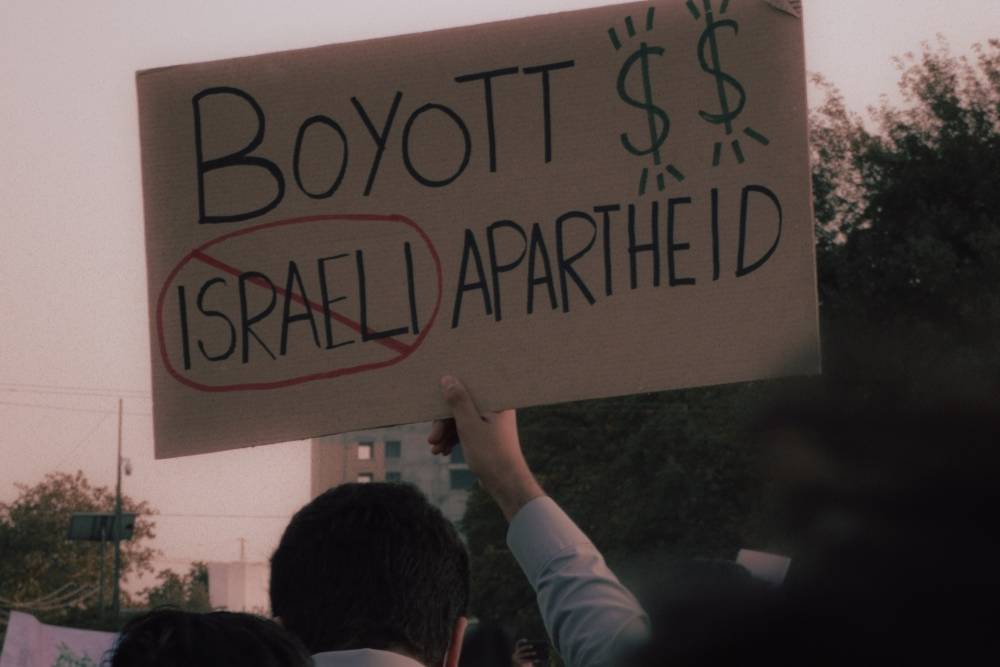The war between Israel and Hamas forces large companies, present in both the Jewish State and Arab countries, to perform contortions and communication feats to avoid offending any of their clients or the citizens of these countries
In the latest bloody episode threatening to ignite the Middle East, what room for maneuver do multinationals trading in the region have? Should they discuss the conflict? Support one side, at the risk of alienating some of their consumers, suppliers, shareholders, or even their employees? Remain neutral at the risk of displeasing all the belligerents? The war between Israel and Hamas forces large companies, present in both the Jewish State and Arab countries, to perform contortions and communication feats to avoid offending any of their clients or the citizens of these countries.
Social networks spread all kinds of rumors, like those about companies funding Israel, established in the colonies. Messages on X - formerly Twitter - and other social networks have gone viral: a list of multinationals has even been thrown into the fray on the web, including Danone, McDonald’s, insurer Axa, Coca-Cola, L'Oréal, Unilever, and others. All are accused of playing into Israel’s hands. This list has been viewed more than two million times. The damage to these companies can thus be considerable. Economic warfare or simply fake news can lead to substantial market losses.
For instance, McDonald’s, an American company, has franchisees in Israel and in Arab-Muslim countries. However, McDonald’s Israel funded donations for Tsahal soldiers. Immediately, calls to boycott McDonald’s worldwide were launched by netizens sympathetic to the Palestinian cause. Consequently, franchises of the fast-food group in Qatar, Oman, Pakistan, Malaysia, Turkey, and the United Arab Emirates announced donations in favor of the Palestinians.
In the United States, a historical ally of Israel, the coffee chain Starbucks directly clashed with a union of its own employees, Starbucks Workers United. Shortly after Hamas' attack on October 7, this powerful union posted messages of solidarity with Palestine. Consequently, Starbucks’ management faced criticism from pro-Israeli individuals. The company eventually filed a lawsuit against the union. Another example is Elon Musk's declarations to provide his Starlink service to humanitarian organizations in Palestine.
There is the humanity to protect civilians from the horrific tragedies of war and the discourse of peace and ceasefires. And then, there is business. War period or not, business is the core of a company's economic survival.
Today, with the multiplication of regional conflicts, a company must engage in global geopolitical reflection. In reality, more than ever in times of war, a company is a political vector since its employees are also citizens with different and sometimes opposing opinions. Not to mention its clients or suppliers with diverse and, by definition, ignored views. Companies, therefore, have much at stake and are navigating blindly in this conflict in the Middle East, as in Russia, which marched on Ukraine. Diplomacy discovers a new branch of influence, that of economic diplomacy, where multinationals are both powerful and fragile political vectors at the same time.
Please post your comments on:
[email protected]
 Politics
Politics








